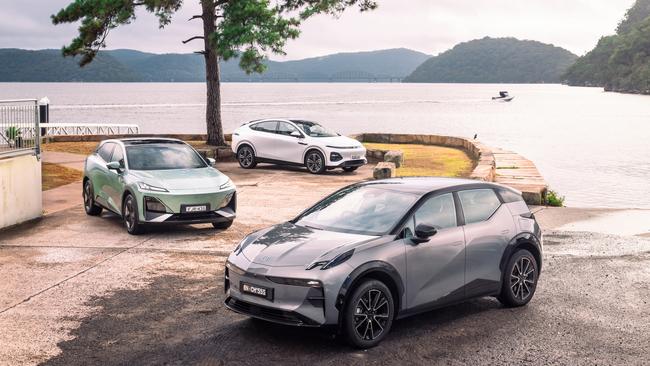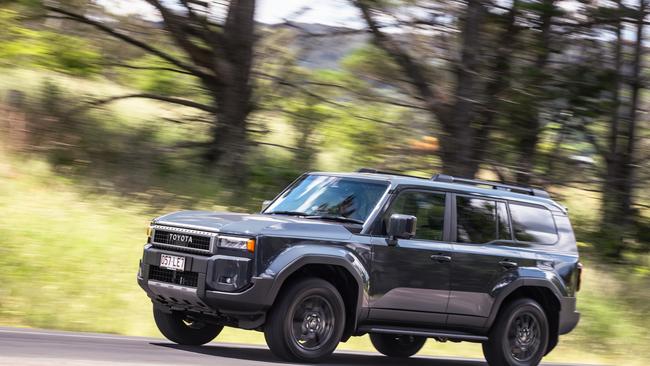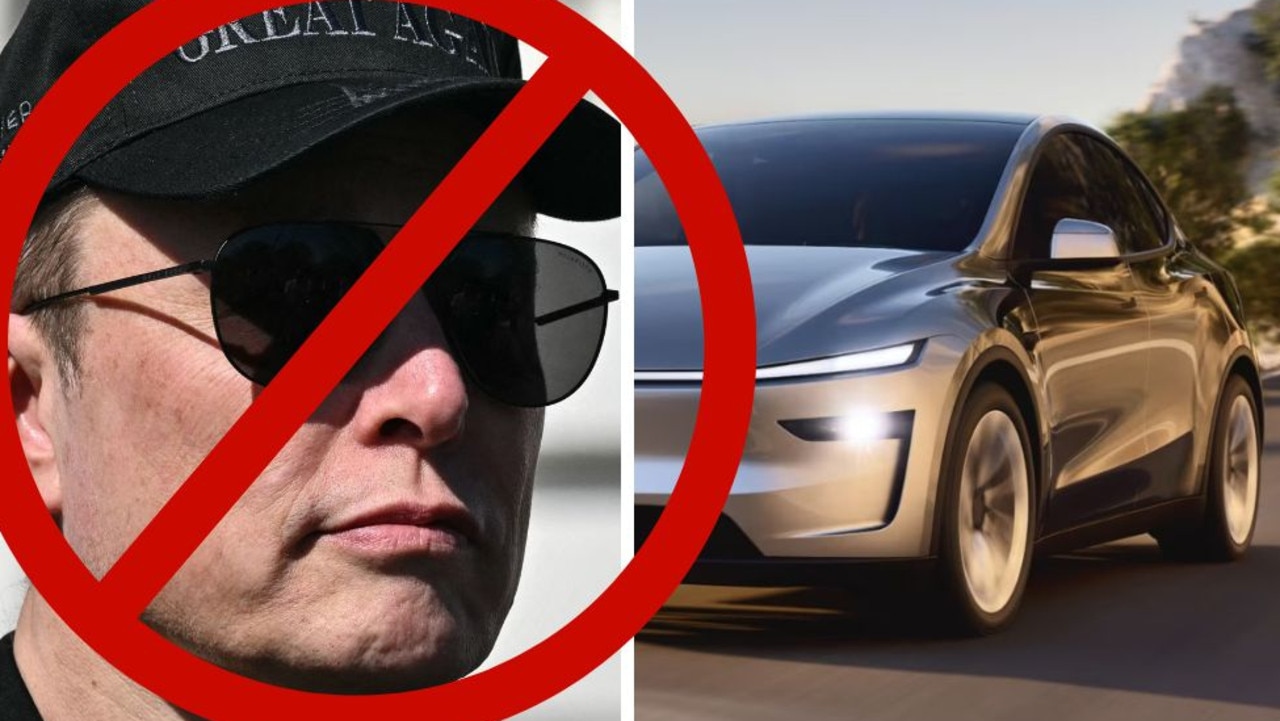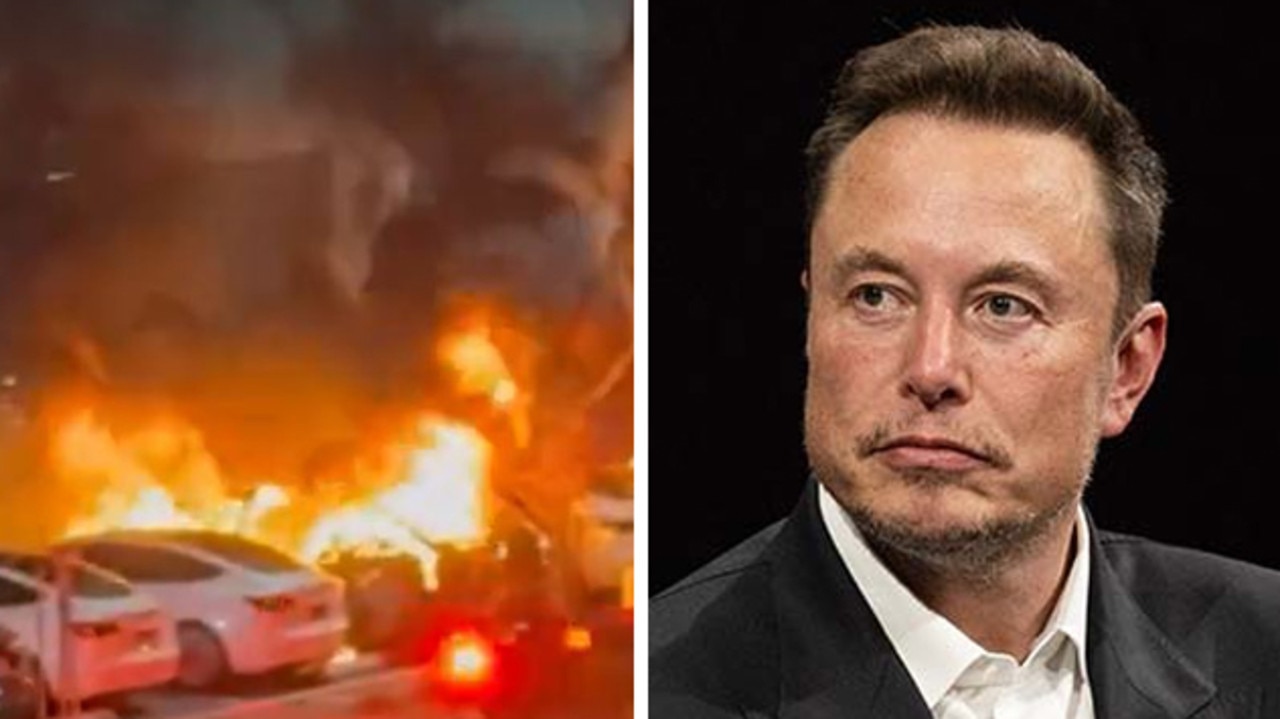‘Aggressive war’: Car prices skyrocket
The cost of buying a new car in Australia has risen dramatically despite the arrival of cheaper brands.

The average cost of a new car in Australia has risen, with the average drive-away price increasing despite the arrival of cheaper Chinese brands.
Analysis of thebeep.com.au pricing data from January 2024 to February 2025 reveals that the average price of a new car is $103,498 (data based on Victoria).
The price defies the expectation that new car prices will decline given the increased competition from budget-friendly brands.
Over the past few years, Australia has welcomed an influx of Chinese automakers including BYD, XPeng, Zeekr, Deepal and Leapmotor, just to name a few.
MORE: Chinese upstart named car of the year

These brands are offering a mix of hybrid and electric vehicles that are well below the average drive-away price.
But Thebeep.com.au data reveals that SUVs and Luxury prices have continued climbing despite these newcomers.
Mercedes-Benz, Mini, BMW, Hyundai, Lexus, Ford and Toyota are among the automakers which have increased pricing due to a number of factors.
Toyota had the highest average price increase of 14 per cent ($8,263).
Thebeep.com.au co-founder and auto expert Rob Leigh explained the price increase is partly due to the removal of entry models in a push to go hybrid.
“The hybrid trend is only going to grow and for some brands a push into hybrid-only makes perfect sense (ie. Toyota), but these are more expensive to produce,” he said.
“It opens up a gap in the market for cheaper cars which plenty of brands will want to target.”
Ford’s average price increased due to “no Escape or Puma in the line-up anymore”.
While Hyundai’s average price increased by 5.9 per cent partly due to the new Sante Fe model positioning itself higher in the market.
MORE: Trump bombshell on auto industry

Leigh explained that it’s becoming “more and more” expensive for luxury brands to produce cars.
“While prices go up on paper, most of the time the market reality kicks in and they end up discounting just to stay competitive.” he said.
But not all brands have increased pricing, several automakers have reduced their drive-away cost.
Tesla had the biggest decline by 10.2 per cent, an average of $8,365, largely due to price cuts and the introduction of a new Model Y range.
Peugeot and Lotus prices also dropped.
Leigh explained other brands have also seen reductions due to heavy discounting.
“Cupra Born and Jeep Gladiator have been heavily discounted,” he said.
BYD’s pricing saw a decline of 8.9 per cent but that is driven by the introduction of Essentials’ entry level range.
Leigh said there’s a number of reasons as to why we’re seeing price cuts.
“A combination of market pressure from new brands, oversupply and rapidly evolving tech is forcing manufacturers to react by lower prices if they want to keep selling cars.” he said.
“Last year we saw the beginning of some aggressive price wars and we fully expect this to intensify this year – and it’s the consumer that ends up winning.”
Originally published as ‘Aggressive war’: Car prices skyrocket




